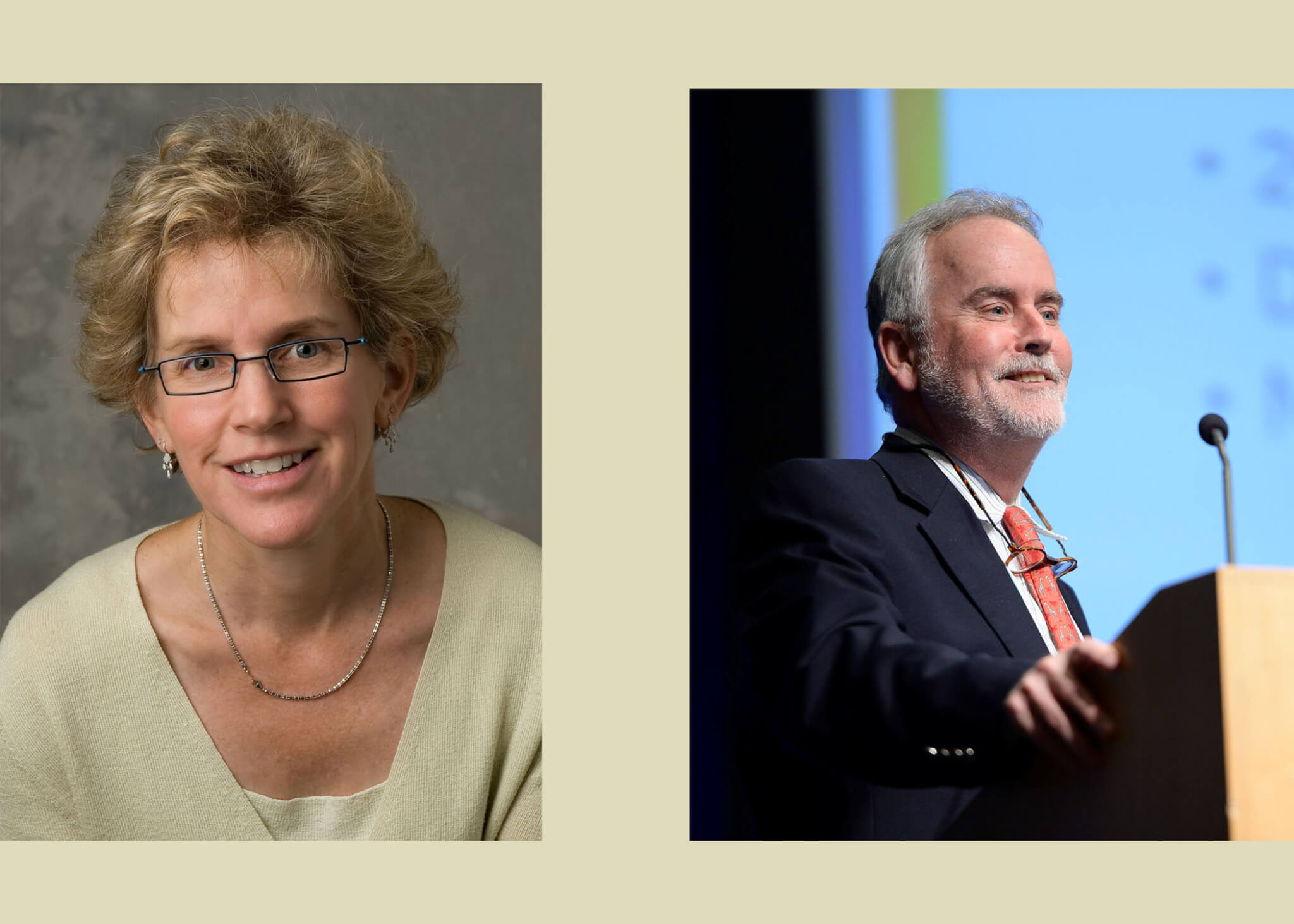Two College of Agriculture professors tapped for EPA’s Scientific Advisory Board
Sylvie Brouder, professor of agronomy, and Dominique van der Mensbrugghe, director of the Center for Global Trade Analysis (GTAP) and agricultural economics research professor, were recently appointed to the EPA’s Science Advisory Board (SAB). This is Brouder’s second appointment to the SAB.
The board is comprised of scientists, researchers and academics from across the country who evaluate EPA research and programs, assess technical information and approaches used by the EPA and advise on other issues of scientific relevance.
Brouder and van der Mensbrugghe join 46 other appointees to comprise the most diverse board since the SAB’s inception in 1978.
“It’s great to have a board with a diversity of backgrounds and perspectives,” Brouder said. “That is going to be especially important as we tackle difficult issues like climate change, an issue that will impact and does impact so many different communities.”
Both Brouder and van der Mensbrugghe think climate change will be a central topic of discussion during their time on the board.
 Sylvie Brouder and Dominique van der Mensbrugghe
Sylvie Brouder and Dominique van der Mensbrugghe “We haven’t seen the agenda yet, but I think it’s safe to say climate change will be one of the preeminent challenges the board and the EPA will face over the coming years,” van der Mensbrugghe said. “And it is a topic that should dominate. Climate change impacts nearly every area of the environment and our society either directly or indirectly.”
Van der Mensbrugghe is well positioned to discuss both the environmental and economic impacts of climate change. He has worked at the intersection of economic growth, energy emissions and the environment for several decades, and will bring his expertise from this research and his role as director of GTAP to the board.
Brouder’s research centers on agro-ecological aspects of crop production, specifically issues of nutrient losses from soil and nutrient runoff from agricultural land as a major source of water pollution. With her scientific background and decades of collaborative work with Hoosier farmers, Brouder is able to represent the agricultural as well as scientific perspective on nutrient loss.
While everyone brings diverse backgrounds and areas of expertise to the board, Brouder and van der Mensbrugghe agreed their role is to be as objective as possible and make evidence-based recommendations to the agency. Brouder and van der Mensbrugghe also say participation on the board will prove helpful in their own research.





